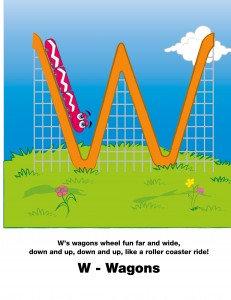There’s just something magical about putting rhyming words together to tell a story, send a message, or teach a lesson.
Aside from their melodic sounds, rhymes provide a host of educational benefits for your child:
- They are good for the brain.
- They teach children how language works.
- They build memory skills.
- They connect generations together.
- They teach listening skills.
- They are often a child’s first experience with books, and thus provide a full visual and oral experience.
- They build confidence because they are easy to learn and fun to recite.
- They teach phonemes, for example that hat rhymes with cat but not with can.
- They increase phonological awareness and phonetic ability.
- They teach simple math skills from their patterns and sequence.
- They help build a child’s imagination.
- They teach articulation and enunciation of words.
- They help build vocabulary.
“If rhymes are not used on a regular basis, it will be more difficult for children to gain literacy skills such as reading and speaking, and it may also stunt creativity. Doing nursery rhymes with your children allows them to grow and develop.” importance-nursery-rhymes-learn-language
“Experts in literacy and child development have discovered that if children know eight nursery rhymes by heart by the time they’re four years old, they’re usually among the best readers by the time they’re eight.” [Fox, M. (2001). Reading Magic. San Diego, CA: Harcourt].
We would love for you to include “Meet the Capital Letters” as part of your child’s rhyming library. That’s 26 rhymes to set your child on the path to proficient reading. How wonderful!
Click here for all the rhymes: Alphabet-Anatomy-Meet-Capital-Letters


